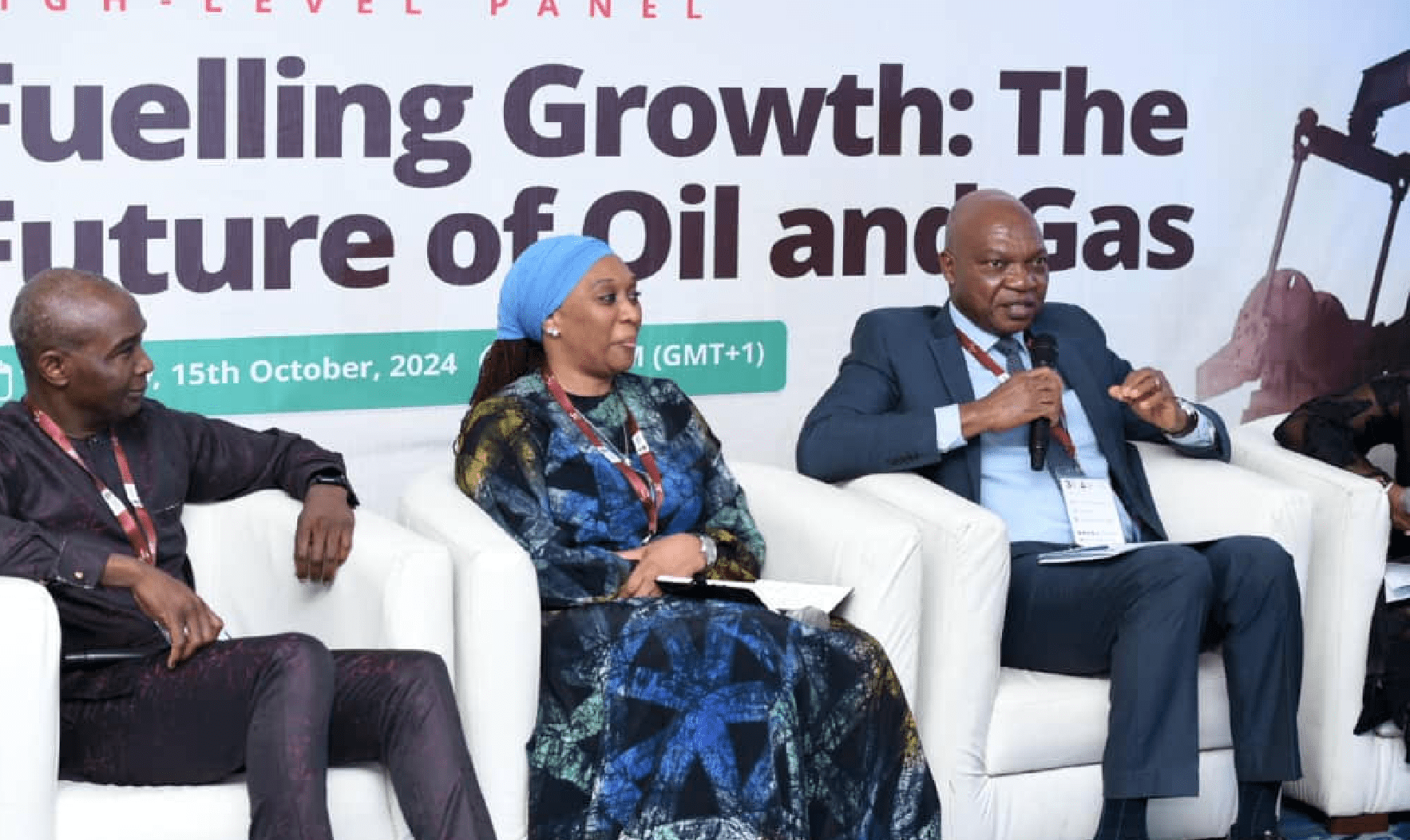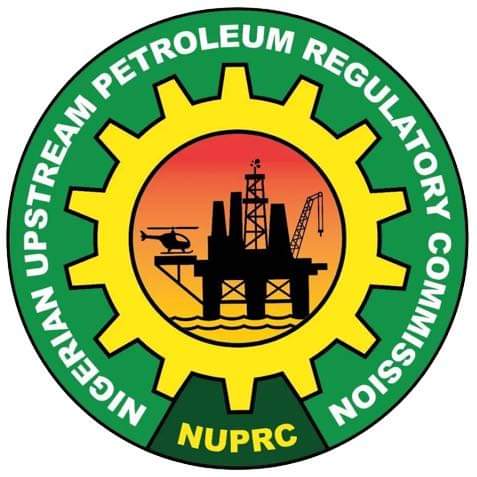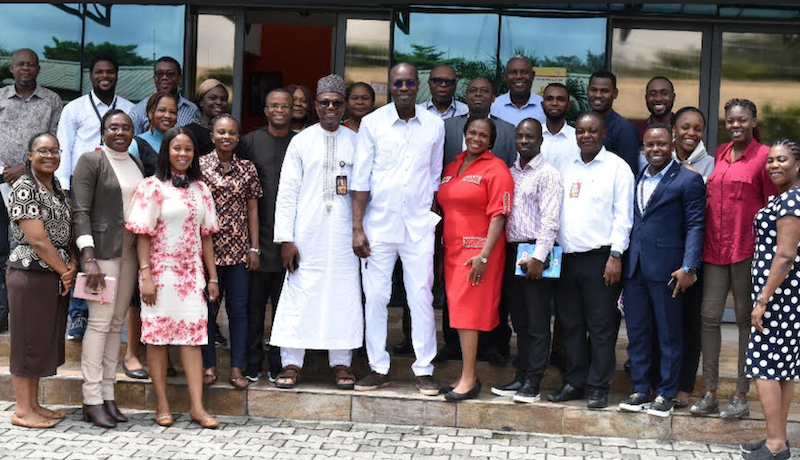President Bola Tinubu on Monday lauded the 5 billion dollars Final Investment Decision (FID) made by Shell and its partners on the Bonga North Deep Offshore Field.
The FID marks Nigeria’s first deepwater oil project in more than a decade. It underscores the transformative impact of the Tinubu administration’s policies and reforms in attracting investments to the oil and gas sector.
This achievement, according to a statement from the President’s spokesman, Mr Bayo Onanuga, reflected the government’s commitment to creating a more competitive and investor-friendly environment.
The Bonga North oilfield, located 130 kilometers offshore in Oil Mining Lease (OML) 118, represents an estimated investment of 5 billion dollars and is expected to yield approximately 350 million barrels of crude oil.
Shell holds the largest operational stake in the project, with 55 per cent, while other partners include the Nigerian National Petroleum Corporation (NNPC), ExxonMobil, TotalEnergies, and Eni.
In the statement, President Tinubu emphasised that the FID signalled renewed confidence in Nigeria’s energy sector and underscored the effectiveness of the administration’s strategic focus on creating a robust and competitive investment climate.
“The Renewed Hope Agenda fundamentally focuses on attracting investments to transform the Nigerian economy and deliver prosperity to our people.
“We designed our policies and reforms from the start of my administration to achieve this goal. Shell and its partners’ decision to invest in Bonga North affirms the success of our efforts,” President Tinubu said.
He further assured: “We will continue to offer the necessary support to ensure their success and the realisation of Nigeria’s energy potential.”
The President’s engagement with global energy stakeholders has been a key factor in this wave of renewed investments.
In July 2023, during a high-level meeting with Shell’s global leadership, President Tinubu declared, “We are open for business and serious about creating a stable, predictable, and investor-friendly environment.”
Additionally, Presidential Directives issued in early 2024 further reinforced this commitment, accelerating regulatory approvals, reducing operational costs, and introducing competitive fiscal incentives.
“The Bonga North project is the second major initiative under President Tinubu’s transformative Presidential Directives 40, 41, and 42, which were issued in the first quarter of 2024.
“These directives aim to improve regulatory clarity, shorten project timelines, and incentivise investment in Nigeria’s energy sector.”
Earlier this year, the Ubeta oilfield (OML 58), the first project under these initiatives, also achieved an FID through a partnership between TotalEnergies and NNPC Limited.
The Ubeta project, dormant since its discovery in 1965, is expected to produce 350 million standard cubic feet of gas per day, boosting domestic supply and enhancing Nigeria’s presence in the global energy market.
Ms. Olu Verheijen, Special Adviser to the President on Energy, highlighted the significance of the Bonga North FID, saying it dispelled misconceptions about International Oil Companies (IOCs) exiting Nigeria.
“Instead, we are witnessing a strategic pivot of IOCs-powered capital and technical capacity to deepwater and integrated gas projects.
“These projects align with President Tinubu’s vision of transforming Nigeria into a global energy hub,” she noted.
She added that the divestments from onshore operations opened opportunities for local oil and gas companies to expand, thus creating a solid foundation for Nigeria’s energy future.
“The success of Bonga North and Ubeta demonstrates the efficacy of the reforms and directives championed by the President.
“These projects will trigger broader investments that will revolutionise Nigeria’s power generation, transportation, and manufacturing sectors.
“As we look ahead to 2025, we anticipate further FIDs from both international and domestic players, marking a new era of growth and opportunity for Nigeria.”
Shell UK plans Bonga field output expansion by 110,000 bpd
Shell Nigeria Exploration and Production Company Limited (SNEPCo), a subsidiary of Shell UK plc, has announced a final investment decision (FID) on Bonga North, a deep-water project off the coast of Nigeria.
The project to harness more than 300 million barrels of oil reserve will add an additional 110,000 barrels per day (bpd) to Nigeria’s daily oil output when completed.
Zoë Yujnovich, Shell UK’s Integrated Gas and Upstream Director, disclosed this in a statement made available to newsmen on Monday.
According to Yujnovich, Bonga North will be a subsea tie-back to the Shell-operated Bonga Floating Production Storage and Offloading (FPSO) facility which Shell operates with a 55 per cent interest.
He said that Bonga North project involved drilling, completing and starting up 16 wells (eight production and eight water injection wells), modifications to the existing Bonga Main FPSO and the installation of new subsea hardware tied back to the FPSO.
“The project will sustain oil and gas production at the Bonga facility; Bonga North currently has an estimated recoverable resource volume of more than 300 million barrels of oil equivalent (boe) and will reach a peak production of 110,000 barrels of oil a day, with first oil anticipated by the end of the decade.
“This is another significant investment which will help us to maintain stable liquids production from our advantaged upstream portfolio,” he said.
Yujnovich added that Bonga North would help to ensure Shell’s leading Integrated Gas and Upstream business continued to drive cash generation into the next decade.







